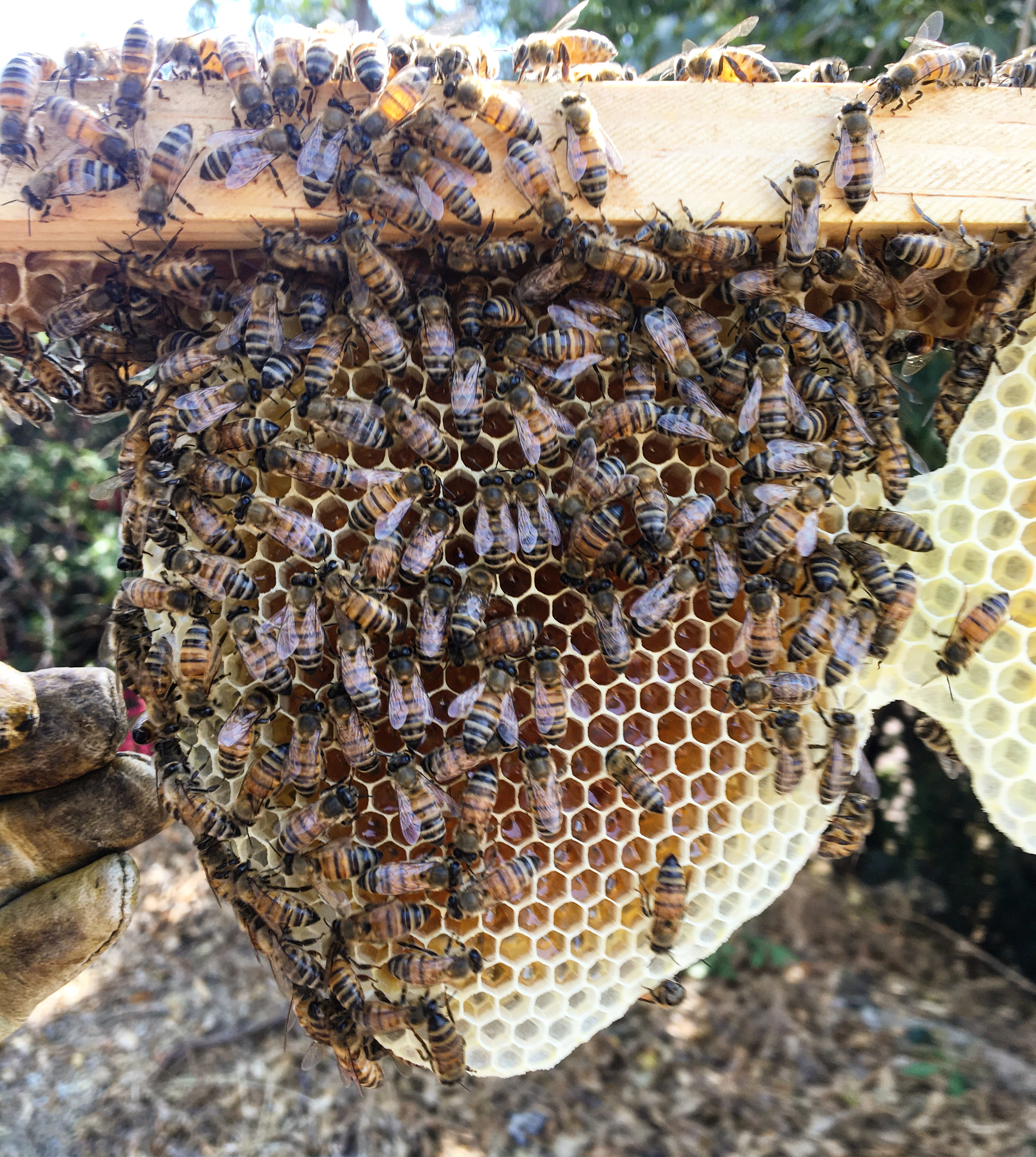Bee a Friend
Everyone is buzzing with the news that bee populations are on the decline. This is true and not just true for honeybees, but for all our native pollinators (the ones we don't manage and keep). Did you know that native bumble bees are now on the endangered species list (Bombus Affinis)? They are with more pollinators petitioned and waiting to be added. The first Europeans brought honeybees (Apis Mellifera) to pollinate the seeds they brought to grow food and be able to feed their familes. Today without honeybees we would not be able to grow enough food to feed everyone in the US. Some people say since honeybees are not native they are the ones destroying the native bee populations. This is untrue, because what is happening to native bees is also happening to the honeybees. They are both dying. The difference is native bees are not managed by beekeepers so saving them means we have to do more than what beekeepers are doing in the honeybees hives. We need to change alot to how we grow food and manage agricultural animals. So why are we just now losing bees if the first Euporeans brought bees to North America so long ago? Major factors like the long over use of pesticides on giant monocrop farms, massive habitat loss due to commericial and residential development, parasites/pathogens and global warming play key roles in the decline of pollinators. Agricultural chemicals (neonicotinoids) were created to prevent crop loss, now those chemicals are killing off our bees and other pollinators. These beneficial insects are losing the battle, and in the end they may take us with them. I mean every third bite of food you ate today is because of bees. What would happend if all the bees died? Well, we would be soon to follow, at least that is what has been said. Bees and other pollinators require a biodiverse environment to stay healthy. They are losing natural habitats to agriculture and land development. The fungicides, miticides, pesticides and herbicides of the world are destroying their beneficial gut bacteria causing them to become easily sick and not able to recover. Those same chemicals cause permanent damage to the queenbee's reproductive system. The chemical run-off from non-organic farms pollute bees water sources and the very ground in which some species of bees live in and nest. How can we help? Vote on legislation to ban the use of all neonicotinoids (mega-harsh farming chemicals still used in the US). Buy as much organic as you can. Buy fruit and veg local from smaller operations & honey from bee-loving, local beekeepers. Grow a chemical-free garden. Plant pollinator friendly herbs, and trees that bloom at various seasons. Plant a sunflower patch for the summer. Make a bee waterer. Don't rake leaves as this disturbs native ground burrowing bees. Go lawn-free. Allow dandelions and other weeds to grow in you'r yard and allow you'r vegtable garden go to seed. Talk about the importance of bees and other pollinators with you'r friends and family. Call a reputable beekeeper if you have an unwanted beehive, not a pest control company or the city - Ask where the bees will be kept and who will take care of them.
Remember one out of every third bite of food you eat is because of bees and pollination.

